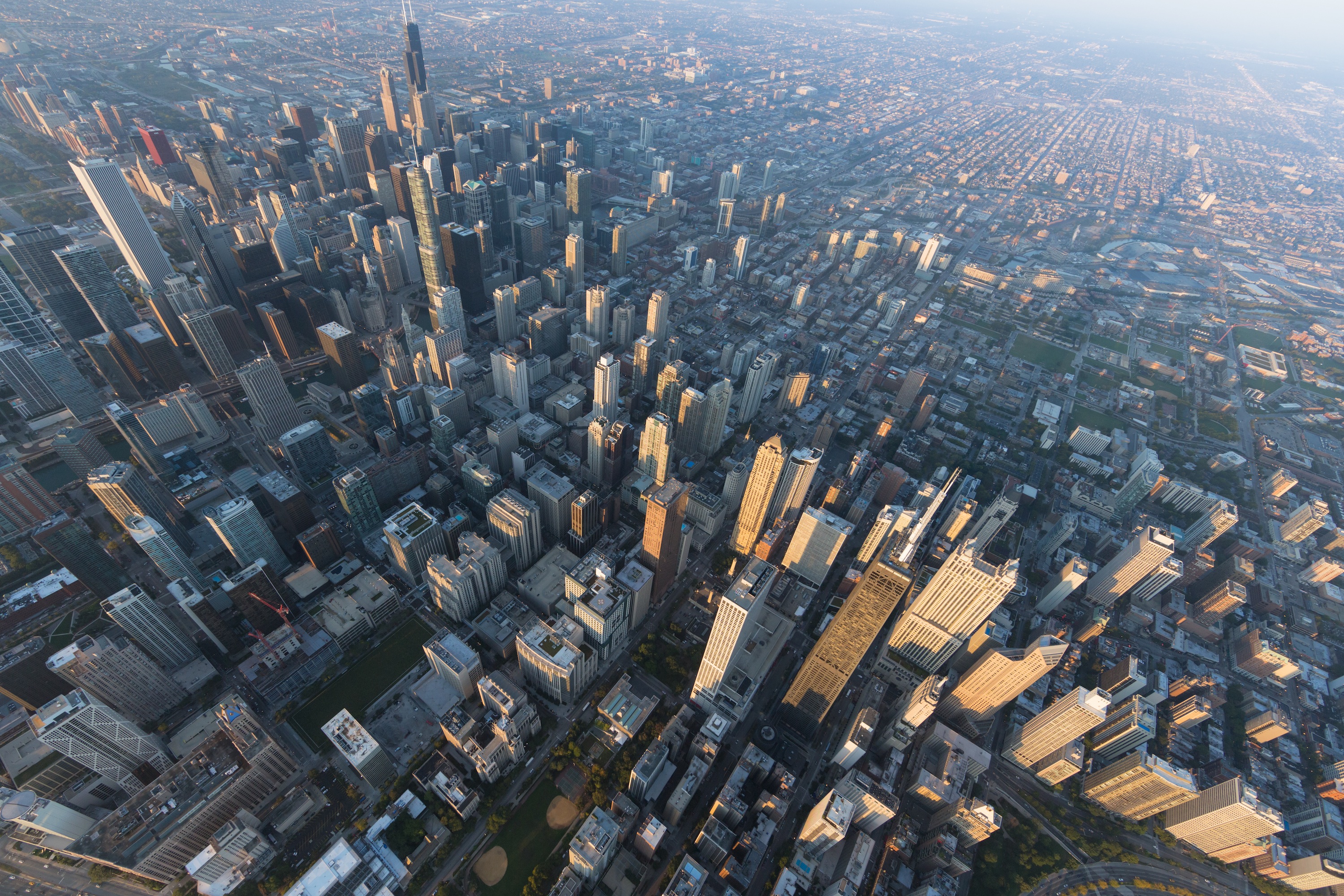Last month, the Department of Cultural Affairs announced that Chicago would host an inaugural exhibition of cutting-edge architecture in October 2015. Dubbed The Chicago Architecture Biennial, the event is the first of its kind in North America in the manner of the Venice Architecture Biennale. Though few details have been announced, Chicago sat down with curators Joseph Grima and Sarah Herda to find out more about how they'll use their $5 million budget to make a big impression on architecture acolytes.
How did you come up with the title theme, The State of the Art of Architecture?
Sarah Herda: We were inspired by a conference that Stanley Tigerman organized in 1977 at the Graham Foundation [in Chicago] of the same title. It was a platform to present new work and new ideas and to provoke debate. There was something about that energy we wanted to reintroduce to Chicago. It expressed an attitude about architecture.
How do you put architecture into an exhibition?
Joseph Grima: We’re not looking simply to exhibit artifacts; rather, we want to map different strategies that constitute an architectural nebula through publications, architectural models, films, sound art, and other ways that people communicate ideas about architecture.
SH: It’s not going to be a professional building convention. The biennial will look at the many dimensions of architecture as a cultural practice, including aesthetic issues, technological issues, environmental issues, socio-economic issues, and political issues. But, an activist project can also be an aesthetic project. We don’t want to create silos, but support projects that expand these issues.
What will be the ratio of Chicago-based to international representatives within the biennial?
JG: It will represent all six continents, but not fall into the stereotypes of any of those places.
SH: I have kind of a crazy hypothesis. I think that every architect on the planet had part of their education dedicated to Chicago. In fact, Chicago is the canon of Modernism, so whether it's Sullivan, Wright, Mies, or Burnham, there’s a part of your education as an architect that is already dedicated to the city. Maybe that’s a big claim. Of course, there will be specific participants from the city, but Chicago runs through all of it.
Tell us about your early announcement to work with Theaster Gates.
SH: The Stony Island Arts Bank [rehabbed by Gates] is one of the official sites of the biennial. It’s going to be a major moment in the bank’s opening.
JG: Although Theaster is an artist, not an architect, his work is really about a fundamental aspect of city-making and developing a neighborhood, a micro-economy and identity through the production of architectural space. It’s very inspiring for a lot of contemporary architects to see how an ecosystem can be produced through an artistic practice. Theaster’s work asks, where does the art end and the architecture begin?
Will the biennial leave a piece of permanent architecture in the city?
SH: We definitely have plans for legacy projects, which we’ll announce later.
Architecture is so familiar and utilitarian. How will you change or disrupt this?
SH: Architecture is not only a building, it’s a set of ideas. It’s pervasive through every part of your life.
JG: We want to bring greater awareness to the importance of architecture in everyday life. It’s more than simply providing shelter. There is something poetic and ambitious about it, beyond satisfying a simple need.



